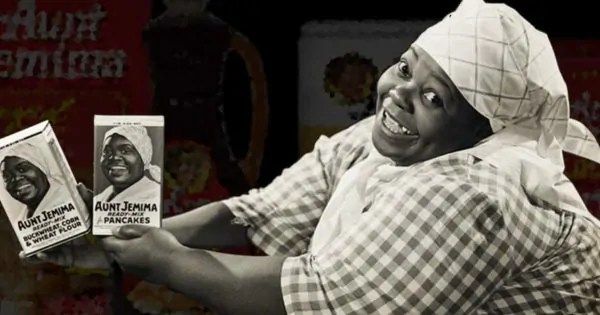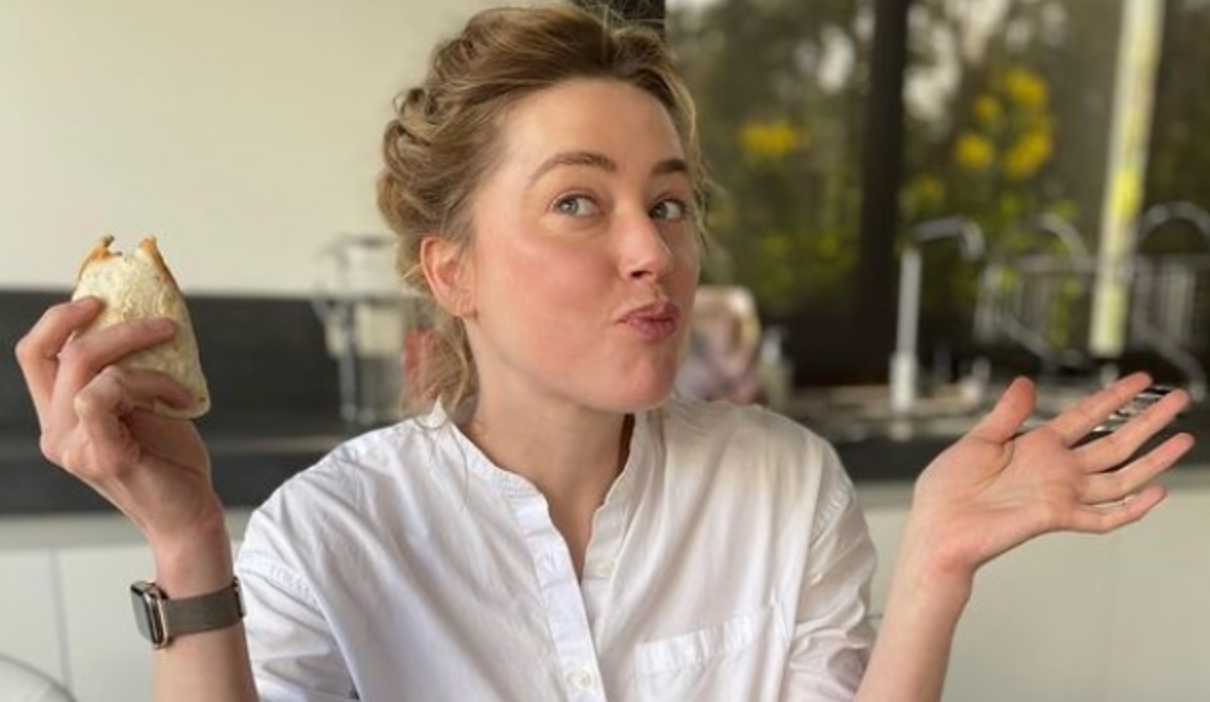Larnell Evans Sr., the great-grandson of the original Aunt Jemima, is furious about the rebranding of the iconic brand by Quaker Foods. In response to the cancel culture movement, Quaker Foods decided to give in to pressure and erase Aunt Jemima’s heritage. This decision has left Evans outraged and disappointed, as he feels that his family’s history is being unfairly disregarded.
Evans expressed his frustration, stating, “This is unfair to my family and me. My history includes this, sir. The racism they allege comes from the other side, from white people, as seen by their use of pictures from enslavement.” He believes that the business profits from the depictions of their slavery and has chosen to erase his great-grandmother’s past, which deeply hurts him as a black man.
The original Aunt Jemima, Nancy Green, was a former slave who debuted as the face of the brand in 1893 at the Chicago World’s Fair. She served pancakes to fairgoers while wearing an apron and headscarf. Green portrayed Aunt Jemima until her passing in 1923, after which Anna Short Harrington, Evans’ grandmother, took over. Harrington worked as a chef at Syracuse University, where her pancakes gained popularity among fraternity members.
Quaker Foods noticed Harrington’s talents and employed her, using her image in advertisements and on their products. She became well-known as “Aunt Jemima” and traveled across the United States and Canada, serving pancakes and spreading the brand’s recognition. She dedicated 20 years of her life to working for the Quaker Oats company, leaving a significant mark on its history.
Evans passionately described the importance of his family’s legacy, saying, “It was after slavery, and this woman serviced all those people. Working as Aunt Jemima, she made pancakes for people all over the United States and Canada. That was what she did. How do you think I feel about sitting here telling you about my family’s history, which they are attempting to obliterate, as a black man?”
In 2014, Harrington’s heirs attempted to sue Quaker Foods for $3 billion in unpaid royalties, but their efforts were unsuccessful. Evans believes that rather than completely removing the photographs from stores, Quaker Foods should acknowledge the money they made from the likenesses of Green and Harrington, as well as the images of slavery. He questions the profits white businesses made while giving nothing in return. He urges the company to confront this history instead of erasing it and ignoring the ongoing struggles faced by the black community.
As a result of this controversy, Quaker Foods has announced that all products will no longer feature Aunt Jemima branding or artwork by the end of the year. However, for Evans, this is not enough. He wants acknowledgment, understanding, and action from the company to rectify the erasure of Aunt Jemima’s legacy amid the calls for restitution for slavery.
The erasure of Aunt Jemima’s legacy through rebranding has left Larnell Evans Sr., her great-grandson, filled with anger and disappointment. He believes that by removing her image, Quaker Foods is attempting to erase the history and contributions of his family. Evans is calling for acknowledgement and action from the company, emphasizing the need to confront the past rather than sweep it under the rug. The controversy surrounding the rebranding highlights the ongoing struggle for recognition and justice faced by the black community.






